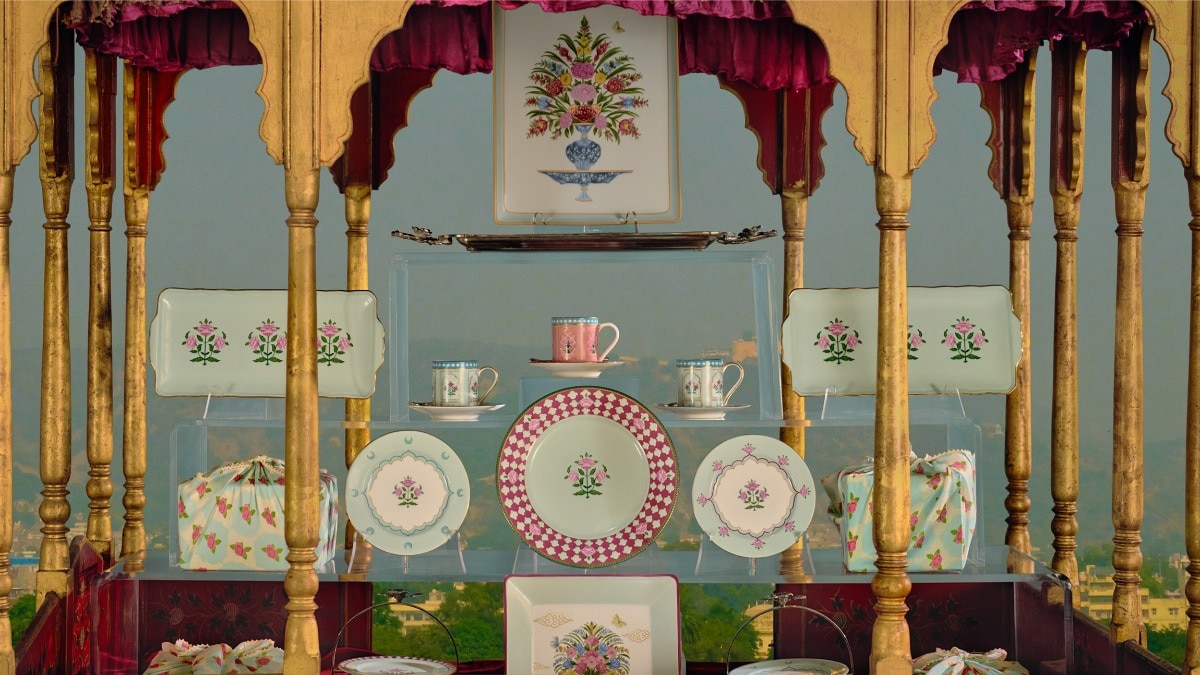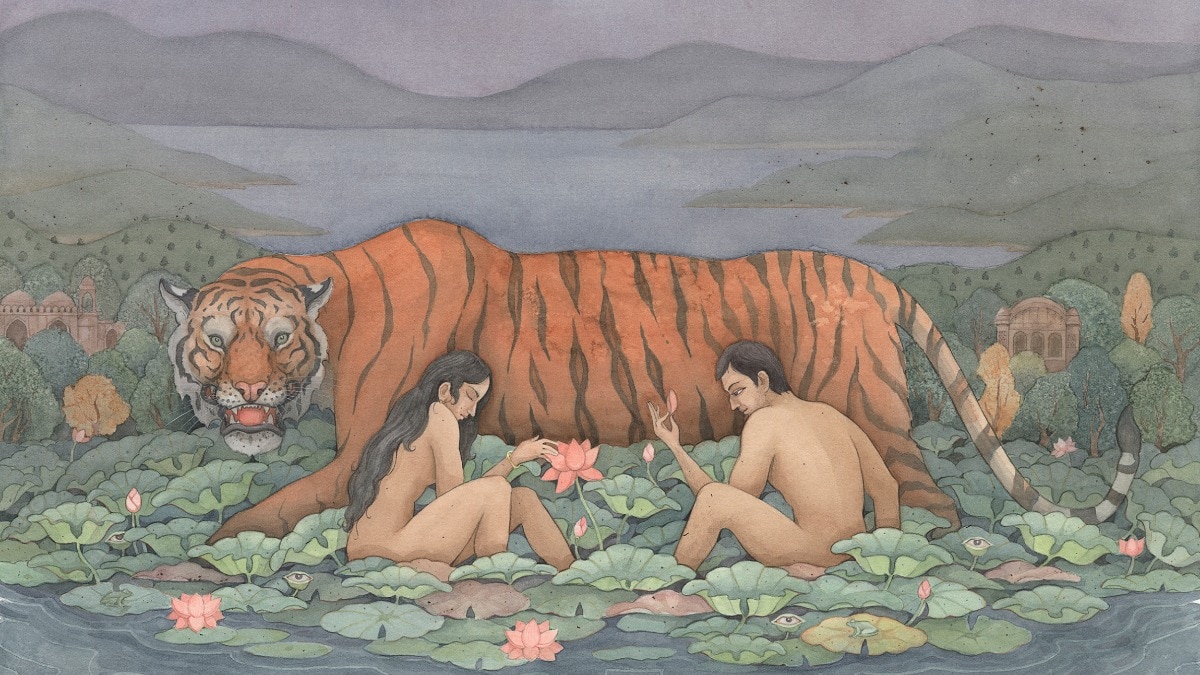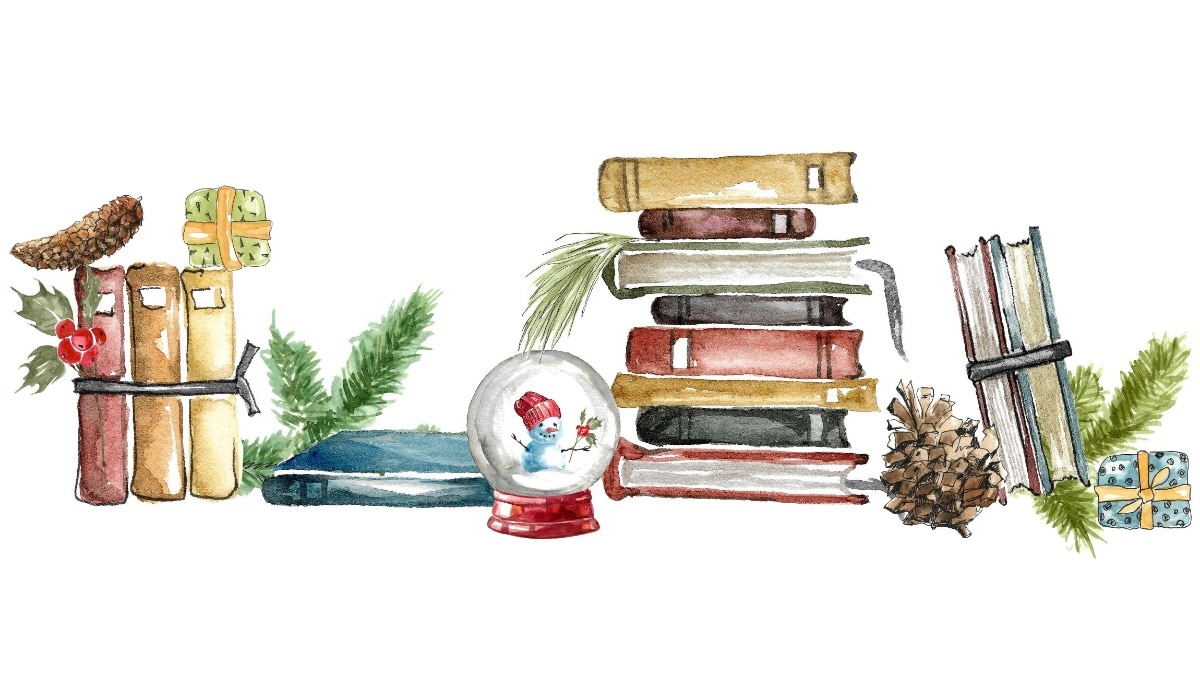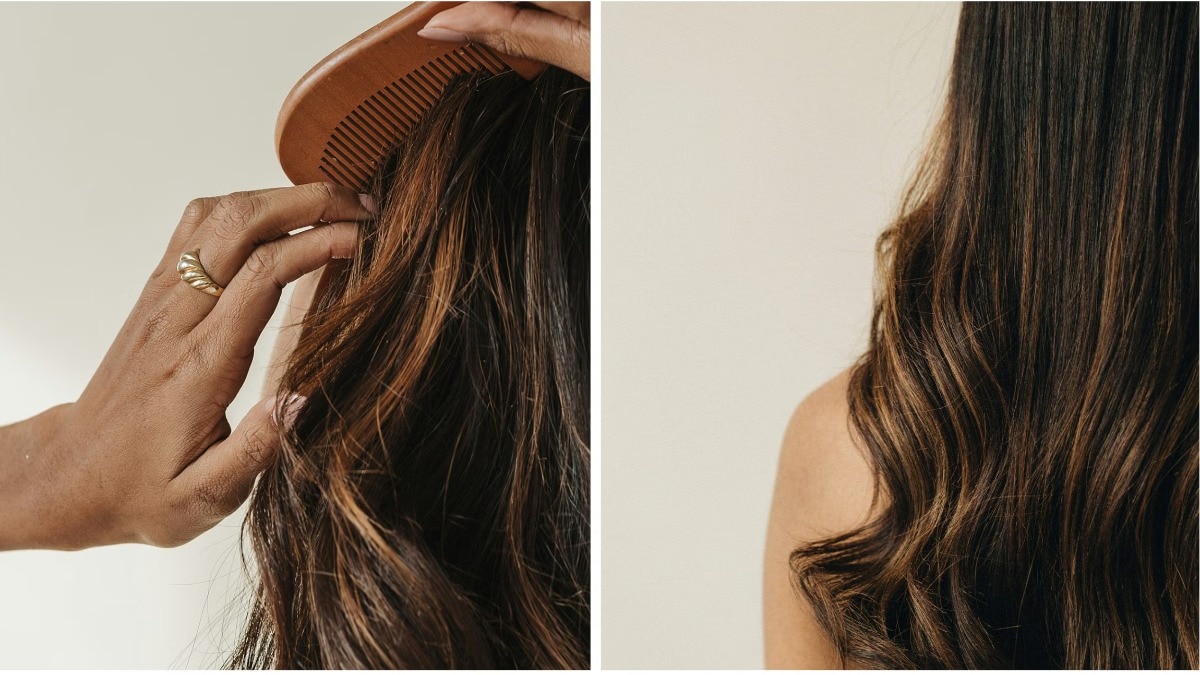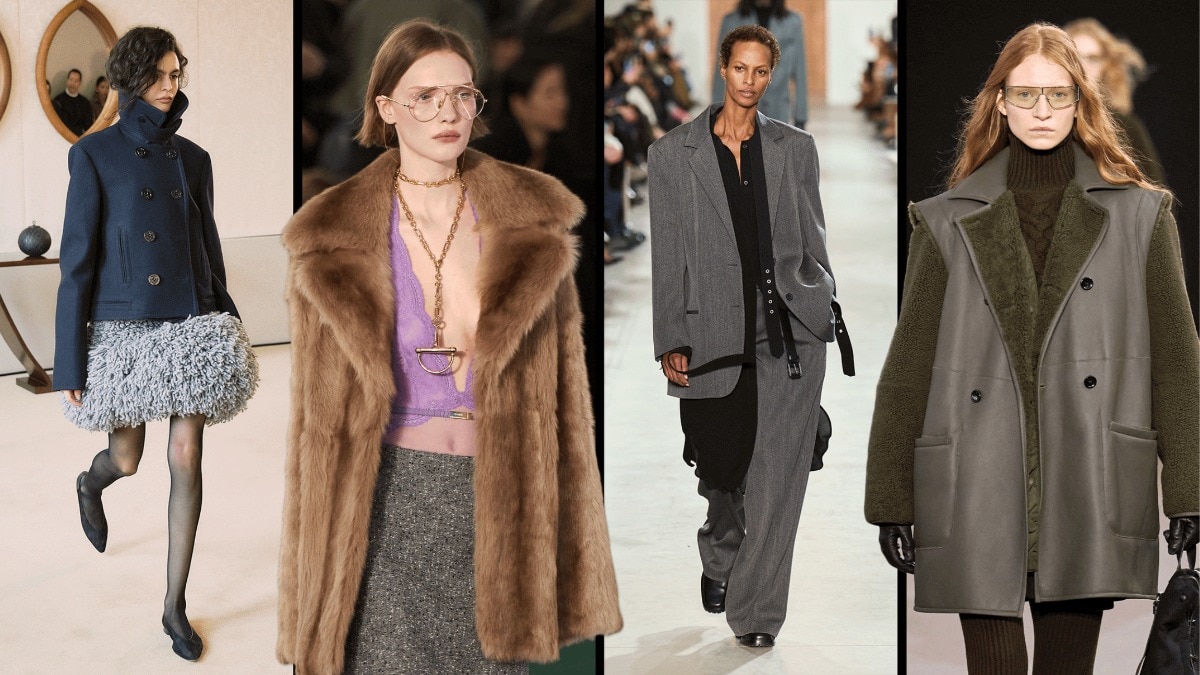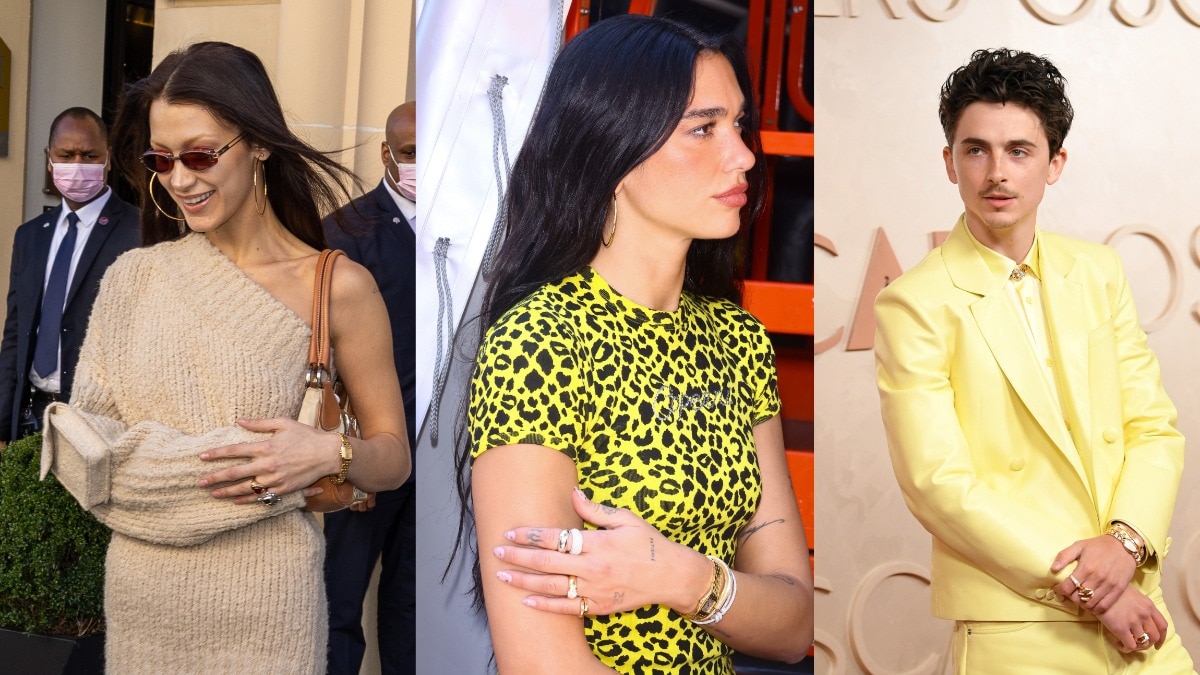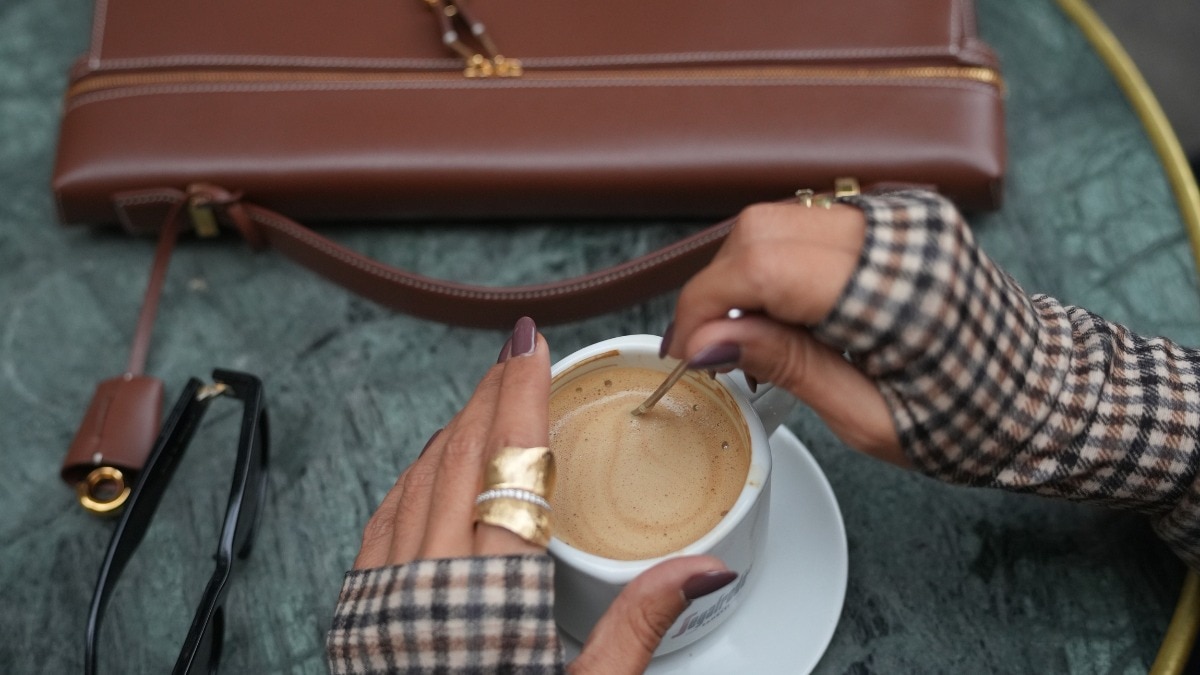
What Bhutan’s Gross National Happiness index says about its queer community
There clearly is still progress to be made.

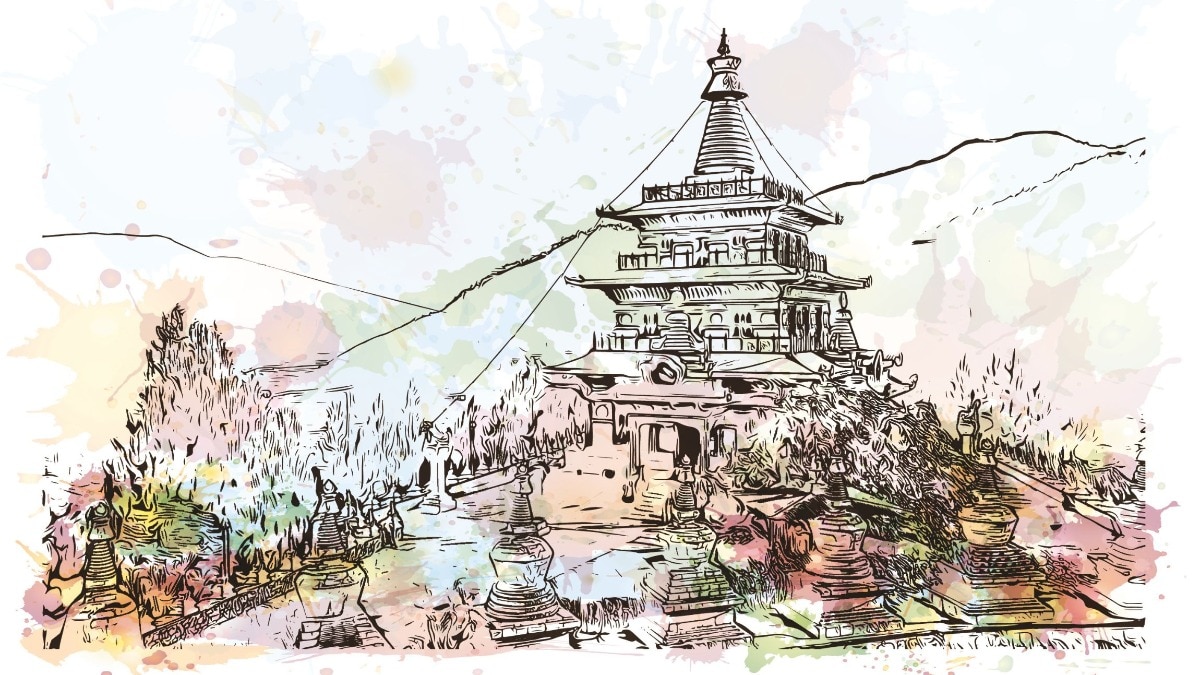
Located in the eastern Himalayas, Bhutan is a country that prioritises Gross National Happiness (GNH) over Gross Domestic Product (GDP), a philosophy introduced in the 1970s. This commitment to fostering well-being and happiness is evident in the country’s steadily rising GNH index, which has increased from 0.743 in 2010 to 0.781 in 2022. And when I visited in August, it wasn’t hard to see why.
The Queen Mother, Gyalyum Dorji Wangmo Wangchuck, delivered a royal address as I sat in the hall of Royal Bhutan University on the opening day of Bhutan Echoes, Drukyul’s Literature and Arts Festival—an annual event dedicated to educating, enlightening, and sharing Bhutanese culture with the world. She encouraged the young audience to “keep a record of what you experience, what is important to you, and what you observe”.

Inspired by her speech, I set out to explore the area around the university on foot. Along the way, I met people who greeted me with warm smiles, seemingly free from the burden of stress—a stark contrast to the bustling metropolis of Delhi that I call home. Bhutan’s high happiness index seemed to be reflected in its people. But was this truly the big picture? I found myself reflecting on the words of entrepreneur and social worker Sangay Tshering, who, during one of the sessions, asked, “Is happiness truly synonymous with Bhutan, or is it merely the image we project to the world?” The question hung in the air, rhetorical but compelling.
As I walked through the streets, I noticed people wearing Gho and Kira, (traditional dresses of the people of Bhutan)—there was an undeniable sense of uniformity. It looked visually harmonious, but it made me wonder how queer identity and expression fit into this seemingly uniform cultural setting. Can three days at a festival really capture the essence of a nation? Probably not. Yet, I couldn’t shake the question: How are queer individuals in Bhutan faring? More than that, are they being heard? Are they happy? In a country deeply rooted in traditions, is there room to manoeuvre and embrace the changing views of the younger generation?
A 2020 study (1) by gender and social inclusion specialist Sonam Chuki, highlights the challenges faced by the country’s LGBT community due to traditional values rooted in Buddhism. While Buddhism doesn’t explicitly condemn homosexuality, conservative norms have limited visibility and acceptance. However, Bhutan took a significant step in February 2021 by decriminalising same-sex sexual activity. Despite this legal progress, Chuki notes that societal attitudes towards LGBTQIA+ communities remain mixed, posing challenges to full acceptance.
To understand how far Bhutan is willing to go in embracing its queer citizens, I reached out to Sangay Loday, Queer Youth Consultant with Queer Voices of Bhutan. I first met Sangay at the literature festival, where they moderated a session with the Indian poet Tishani Doshi on Bodies of Narrative. Wearing a Gho styled with ornaments like a neckpiece, arm cuff, and earrings, Sangay stood out. During the session, they commented, “In a society where binary men and women are the norm, being confused is a form of protest.”

Piqued by their comment, I interviewed them where they shared their personal experience of coming out as queer. “Growing up, I always felt different. There wasn’t a single aha moment—it was more of a constant feeling of not fitting in—either mentally or physically. While other kids made friends easily, I struggled. I didn’t have friends until much later in life,” Sangay reflected. They recognised their social awkwardness early on, and their journey with their sexuality mirrored that experience. “I remember sitting in a library corner, typing ‘GAY’, hoping to understand what it meant. What I found were mostly homophobic comments and biased research. At the time, the world was still grappling with the concept of queerness, and what I learned was that being gay was seen as something bad.” Today, Sangay also works as an associate for the foundation, focusing on content creation, consultation, and political advocacy for the queer community in Bhutan.
Collaborating with Sangay is Pema Dorji, co-founder of Queer Voices of Bhutan. During our conversation, Pema reflected on Bhutan’s queer landscape and his decade-long involvement in the community. He explained that Queer Voices of Bhutan was established in 2018 to amplify authentic experiences of Bhutan’s queer community, which were often missing in mainstream media. When asked about society’s comfort with queer topics, Pema acknowledged that while visibility and acceptance have improved over the past decade, the movement is still in its early stages. He noted that persistent misconceptions and stereotypes continue to hinder a deeper understanding, emphasising the need for ongoing advocacy and education.

Pema’s points about misinformation and stereotypes align with the findings in the study (2) carried out by lecturer at Royal University of Bhutan, Jigdrel Wangmo and professor Geeta. The research highlights the discrimination, harassment, and marginalisation faced by the queer community before decriminalisation, particularly in healthcare, education, and employment. It also notes the prevalence of social stigma, mental health struggles, and substance abuse, which led to feelings of isolation and, in some cases, self-harm or suicide attempts.
Reflecting on these challenges, Sangay shares, “Even before I came out, just being feminine in a very heteronormative world made me a target. I was called names even before understanding my sexuality.” Sangay explains that Indian television contributed to the spread of homophobic slurs in Bhutan. Discussing their journey in fashion, Sangay adds, “Before coming out, I wore black and white when I felt exhausted and had limited choices. But now, I dress more colourfully and expressively. Every time I walk down the streets of Bhutan, I get stared at so much that it feels normal.” Although Sangay identifies as non-binary, they are often perceived as a man. “Discrimination here can depend on something as small as whether a man is wearing an earring. Fortunately, active discrimination has significantly decreased in Bhutan.”
Pema, however, observes a ray of hope within society. “Many individuals have come out and started openly discussing their gender and sexual identities with friends, family, and the broader community. This openness has led to greater collaboration with organisations and individuals now offering resources and support to uplift the queer community.”

When I asked Sangay about the laws they hoped to see in support of the queer community in Bhutan, their response was clear: “Legal Gender Recognition.” Sangay explained that proper policies in this area could bring significant change. “It would make it easier for people to officially register and change their gender markers, which is currently a complex process requiring connections. Addressing this issue would also open up conversations about marriage equality and other related laws, like adoption, which is currently limited to married individuals. Since queer people cannot legally marry, they face restrictions on adoption and financial rights, such as inheritance. Marriage equality needs immediate attention, and Queer Voices of Bhutan is actively working towards it.”
When I asked Pema about his hopes for Queer Voices of Bhutan, he shared, “We aim to create meaningful change, broaden our impact, and address the diverse needs of queer individuals in Bhutan through collaboration and innovation.”
As I left Bhutan, I felt a lingering sense of contentment, reflecting the nation’s commitment to GNH. However, I also realised that happiness isn’t a one-size-fits-all equation. While Bhutan’s rising GNH index reflects overall well-being, the experiences of its queer community show there is still progress to be made. True happiness will be achieved when every voice—no matter how diverse—feels heard, valued, and included.
All images: Bhutan Echoes and Shutterstock
This article first appeared in Harper's Bazaar India October-November 2024, print edition.
Also read: From Seoul to the world: Why the 4B Movement is important now more than ever
Also read: How romcoms offered us a timeless sartorial guide to falling in love

